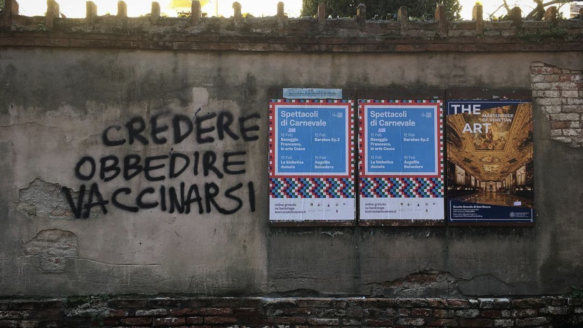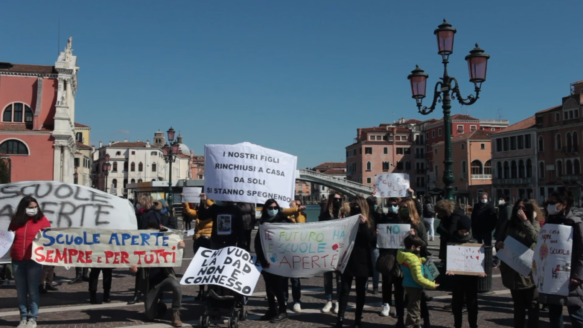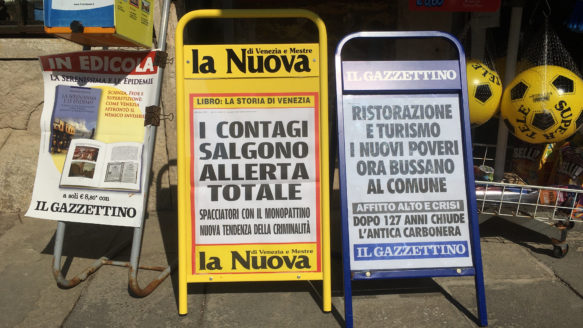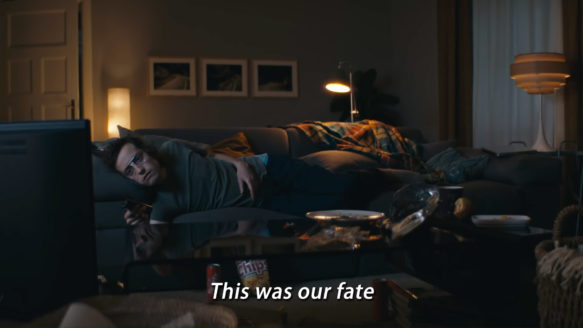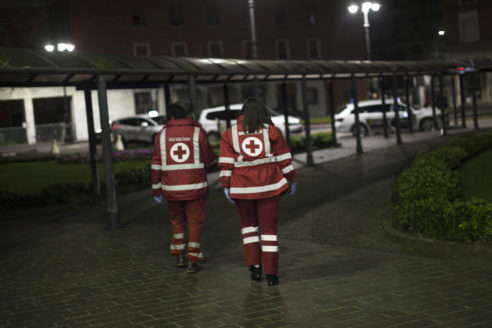-3rd of April, 2021
A più di un anno dall’inizio dall’inizio di una delle crisi più complesse dai tempi della seconda guerra mondiale, la nostra risposta alla pandemia è sempre la stessa. In un periodo di tempo molto breve nei primi mesi del 2020, un certo tipo di risposta alla diffusione globale di un nuovo patogeno si è rapidamente imposto come quella che alcuni chiamano la “nuova normalità”.
